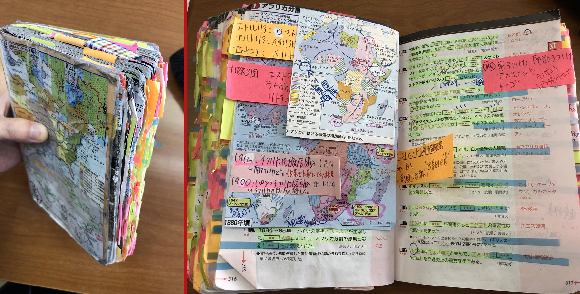
Because if you know everything, you don’t have to worry about what’s going to be on the test.
Last weekend, students across Japan took the Center Test, a scholastic aptitude examination that functions as a key part of the admissions criteria for many Japanese universities. Much like the American SAT, the Center Test is an intensive and extensive examination, because it wouldn’t be much use in determining applicants’ comparative knowledge levels if it were easy to ace.
Still, it is possible to get every question right, and Yusuke Suzuki (@yuusuke_suzuki on Twitter), an instructor with online test prep provider Manabi Aid, recently shared some photographs of the study materials of a student who got a perfect score on the world history section of this year’s Center Test.
今年のセンター世界史で満点を取った生徒の「東進一問一答」。もはや原形をとどめず、凄まじいオーラを放っている。 pic.twitter.com/a3S5ZWqXx8
— 鈴木悠介 (@yuusuke_suzuki) January 16, 2018
The heavily annotated tome started out as a copy of publisher Toshin’s world history edition of its Ichimon Itto series (which loosely translates to “one question and answer at a time.”). But the dedicated student realized that it’s not enough to just passively leaf through a textbook. To really acquire knowledge, you have to turn it over in your head, pondering what is and isn’t naturally intuitive to how your individual mind works, and take notes and add additional information to ensure you truly understand and can retain the material.
▼ A brand-new, non-customized copy of World History Ichimon Itto…
https://twitter.com/shintaroyz_1004/status/953291177142267904▼ …and the perfect-score student’s.
For some sections, the student added so many of his own supplementary notes that practically the entire original page was covered up.
The photos quickly attracted attention online, with respectful awe being the most common sentiment among commenters.
“It’s like a work of visual art.”
“It’s gone past the point where it stops being a textbook, and starts being a magical grimoire (and I mean that as a compliment).”
“I think even the book must be saying ‘I’m so happy I could be this useful to you!’”
“What an amazing student…Here’s hoping he gets into the school of his choice after all that hard work.”
“I can’t wait to see what kind of great things this kid will do once he becomes a working professional.”
“I hope he becomes a teacher or a researcher…someone who will show young people the value of learning about world history.”
Still, not everyone was singing the young scholar’s praises. One critic wondered whether this ultra-inclusive method of note-taking is really the best mnemonic technique, as opposed to predicting what sort of material will be on the test or otherwise narrowing down the scope of his note-taking efforts, would have been the better call.
Much more numerous, though, were comments saluting the student’s dedication, thoroughness, and unmistakable passion with which he met the challenge of studying for the grueling test, all of which speak to a strength of character that’ll continue to serve him well even when his student days are long over. And while some might argue that his method was inefficient, there’s no arguing with results, especially perfect ones.
Sources: Twitter/@yuusuke_suzuki, Yusuke Suzuki blog
Top image: Twitter/@yuusuke_suzuki
Images: Twitter/@yuusuke_suzuki, Yusuke Suzuki blog
Follow Casey on Twitter, where all credit for the line “Because if you know everything, you don’t have to worry about what’s going to be on the test” goes to his dad.

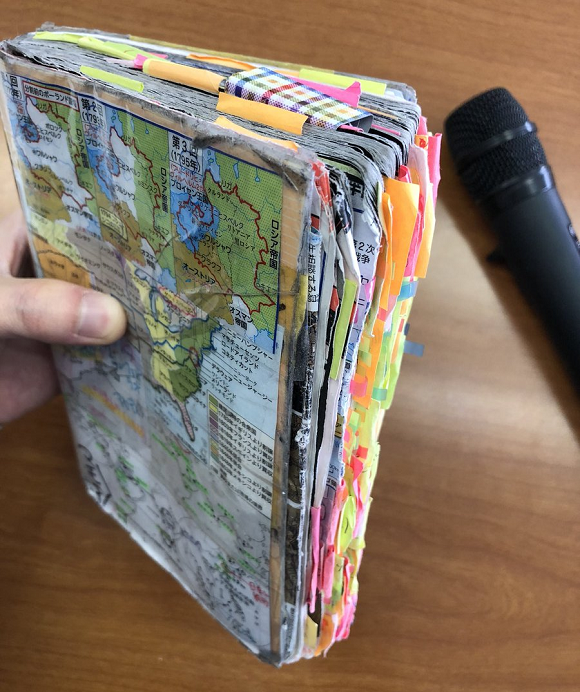
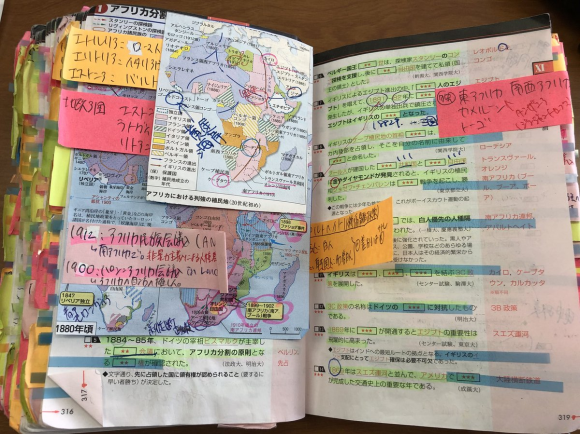
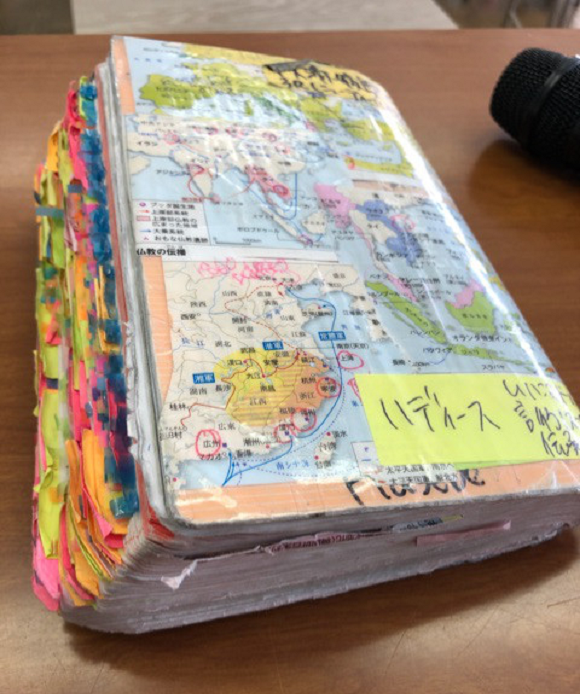
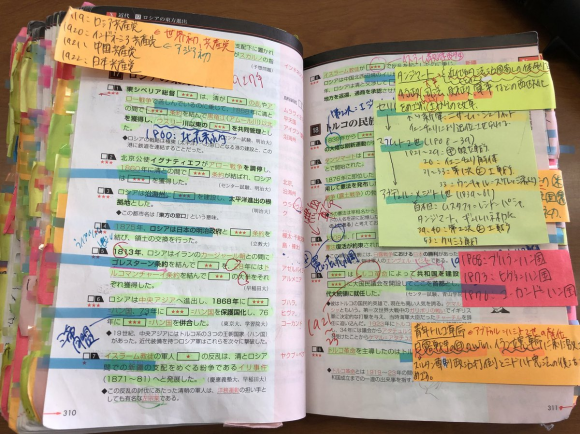
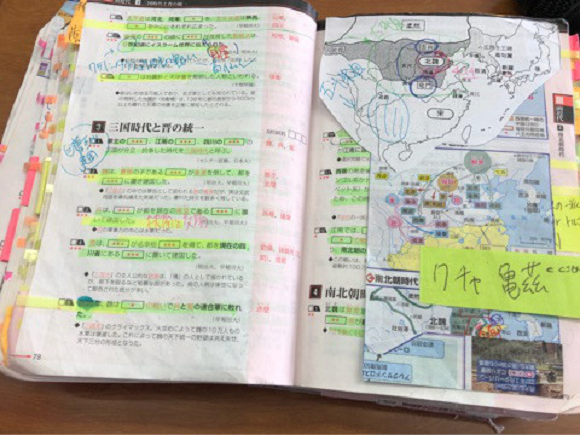
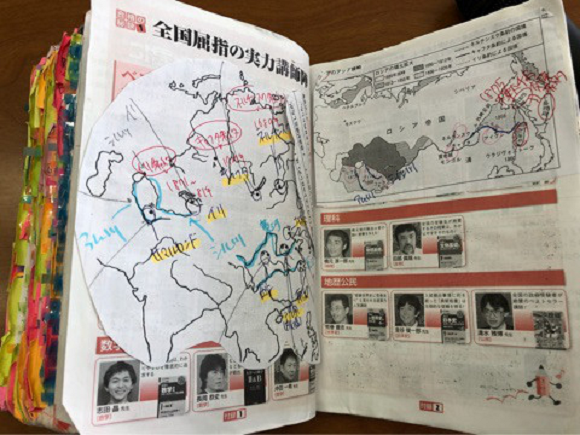

 Social media users boast of plans to grope schoolgirls on day of Japan’s most important test
Social media users boast of plans to grope schoolgirls on day of Japan’s most important test Twitter user exposes test-taking “geek” to the world, geek sees tweet and turns to confront him
Twitter user exposes test-taking “geek” to the world, geek sees tweet and turns to confront him Study reveals too much Internet and video games is bad for your grades
Study reveals too much Internet and video games is bad for your grades Man kicked out of Japan’s national college entrance exam for improper mask-wearing technique
Man kicked out of Japan’s national college entrance exam for improper mask-wearing technique Students go nearly a year without textbooks after teacher forgets to hand them out
Students go nearly a year without textbooks after teacher forgets to hand them out Foreigner’s request for help in Tokyo makes us sad for the state of society
Foreigner’s request for help in Tokyo makes us sad for the state of society Japanese-style accommodation at the new Premium Dormy Inn hotel in Asakusa will blow your mind
Japanese-style accommodation at the new Premium Dormy Inn hotel in Asakusa will blow your mind Mikado Coffee is a 76-year-old coffee chain with a major celebrity connection
Mikado Coffee is a 76-year-old coffee chain with a major celebrity connection Seaside scenery, history, and so many desserts on Yokohama’s Akai Kutsu【Japan Loop Buses】
Seaside scenery, history, and so many desserts on Yokohama’s Akai Kutsu【Japan Loop Buses】 11 different ways to say “father” in Japanese
11 different ways to say “father” in Japanese Is the new Shinkansen Train Desk ticket worth it?
Is the new Shinkansen Train Desk ticket worth it?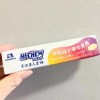 Do Hi-Chew-flavor Hi-Chews have a reason to exist?【Taste test】
Do Hi-Chew-flavor Hi-Chews have a reason to exist?【Taste test】 Japan’s summertime towelket pillowcases are even better with the addition of Ghibli stars【Photos】
Japan’s summertime towelket pillowcases are even better with the addition of Ghibli stars【Photos】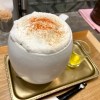 Cappuccino Ramen becomes super popular in Japan, but is it worth the hype?
Cappuccino Ramen becomes super popular in Japan, but is it worth the hype?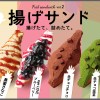 Fried sandwiches arrive in Tokyo, become hot topic on social media
Fried sandwiches arrive in Tokyo, become hot topic on social media McDonald’s new Happy Meals offer up cute and practical Sanrio lifestyle goods
McDonald’s new Happy Meals offer up cute and practical Sanrio lifestyle goods Japanese ramen restaurants under pressure from new yen banknotes
Japanese ramen restaurants under pressure from new yen banknotes French Fries Bread in Tokyo’s Shibuya becomes a hit on social media
French Fries Bread in Tokyo’s Shibuya becomes a hit on social media Red light district sushi restaurant in Tokyo shows us just how wrong we were about it
Red light district sushi restaurant in Tokyo shows us just how wrong we were about it New private rooms on Tokaido Shinkansen change the way we travel from Tokyo to Kyoto
New private rooms on Tokaido Shinkansen change the way we travel from Tokyo to Kyoto Tokyo Tsukiji fish market site to be redeveloped with 50,000-seat stadium, hotel, shopping center
Tokyo Tsukiji fish market site to be redeveloped with 50,000-seat stadium, hotel, shopping center Japanese city loses residents’ personal data, which was on paper being transported on a windy day
Japanese city loses residents’ personal data, which was on paper being transported on a windy day Beautiful Ghibli sealing wax kits let you create accessories and elegant letter decorations【Pics】
Beautiful Ghibli sealing wax kits let you create accessories and elegant letter decorations【Pics】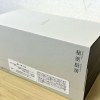 Secret Kitchen bento serves Japanese flowers, birds, wind and moon in a box, but is it worth it?
Secret Kitchen bento serves Japanese flowers, birds, wind and moon in a box, but is it worth it? New definition of “Japanese whiskey” goes into effect to prevent fakes from fooling overseas buyers
New definition of “Japanese whiskey” goes into effect to prevent fakes from fooling overseas buyers Our Japanese reporter visits Costco in the U.S., finds super American and very Japanese things
Our Japanese reporter visits Costco in the U.S., finds super American and very Japanese things Studio Ghibli releases Kiki’s Delivery Service chocolate cake pouches in Japan
Studio Ghibli releases Kiki’s Delivery Service chocolate cake pouches in Japan All-you-can-drink Starbucks and amazing views part of Tokyo’s new 170 meter-high sky lounge
All-you-can-drink Starbucks and amazing views part of Tokyo’s new 170 meter-high sky lounge More foreign tourists than ever before in history visited Japan last month
More foreign tourists than ever before in history visited Japan last month New Pokémon cakes let you eat your way through Pikachu and all the Eevee evolutions
New Pokémon cakes let you eat your way through Pikachu and all the Eevee evolutions Disney princesses get official manga makeovers for Manga Princess Cafe opening in Tokyo
Disney princesses get official manga makeovers for Manga Princess Cafe opening in Tokyo Sales of Japan’s most convenient train ticket/shopping payment cards suspended indefinitely
Sales of Japan’s most convenient train ticket/shopping payment cards suspended indefinitely Sold-out Studio Ghibli desktop humidifiers are back so Totoro can help you through the dry season
Sold-out Studio Ghibli desktop humidifiers are back so Totoro can help you through the dry season Japanese government to make first change to romanization spelling rules since the 1950s
Japanese government to make first change to romanization spelling rules since the 1950s Ghibli founders Toshio Suzuki and Hayao Miyazaki contribute to Japanese whisky Totoro label design
Ghibli founders Toshio Suzuki and Hayao Miyazaki contribute to Japanese whisky Totoro label design Doraemon found buried at sea as scene from 1993 anime becomes real life【Photos】
Doraemon found buried at sea as scene from 1993 anime becomes real life【Photos】 Tokyo’s most famous Starbucks is closed
Tokyo’s most famous Starbucks is closed One Piece characters’ nationalities revealed, but fans have mixed opinions
One Piece characters’ nationalities revealed, but fans have mixed opinions We asked a Uniqlo employee what four things we should buy and their suggestions didn’t disappoint
We asked a Uniqlo employee what four things we should buy and their suggestions didn’t disappoint Can you really learn to draw Totoro from that 61-second Studio Ghibli producer video?【Experiment】
Can you really learn to draw Totoro from that 61-second Studio Ghibli producer video?【Experiment】 “A dead bug” and other amusing, adorable, snarky, and downright ridiculous test responses
“A dead bug” and other amusing, adorable, snarky, and downright ridiculous test responses Work-in-progress Japanese AI program could probably get into 474 universities in the country
Work-in-progress Japanese AI program could probably get into 474 universities in the country Uncle and netizens confused about child’s low grade on math assignment
Uncle and netizens confused about child’s low grade on math assignment Japanese high schooler fails driver’s license test 20 times, tries to hire someone else to take it for him
Japanese high schooler fails driver’s license test 20 times, tries to hire someone else to take it for him Difference between a student at a normal high school and a technical high school
Difference between a student at a normal high school and a technical high school With entrance exams looming, “ads that only students can see” appear in Tokyo train stations
With entrance exams looming, “ads that only students can see” appear in Tokyo train stations Hayao Miyazaki considers Demon Slayer his rival, Studio Ghibli producer says
Hayao Miyazaki considers Demon Slayer his rival, Studio Ghibli producer says Bizarre English test in Japan asks students about winged vegetables, launches new meme
Bizarre English test in Japan asks students about winged vegetables, launches new meme We visited Akihabara’s PCR Test Center and here’s what you should expect
We visited Akihabara’s PCR Test Center and here’s what you should expect Chiba election heating up with surprise marriage proposal and an ambitious Disney-loving clown full of promises
Chiba election heating up with surprise marriage proposal and an ambitious Disney-loving clown full of promises Over half of Japanese students in nationwide test score zero percent in English speaking section
Over half of Japanese students in nationwide test score zero percent in English speaking section Studio Ghibli producer shows us how to draw Totoro【Video】
Studio Ghibli producer shows us how to draw Totoro【Video】 New multiple choice answer sheet is the anti-cheating gift from the teacher gods
New multiple choice answer sheet is the anti-cheating gift from the teacher gods Japanese athlete caught after slipping steroids into rival’s drink to further Olympic ambitions
Japanese athlete caught after slipping steroids into rival’s drink to further Olympic ambitions Japanese elementary schools’ list of behavior requirements would be hard for most adults to clear
Japanese elementary schools’ list of behavior requirements would be hard for most adults to clear
Leave a Reply